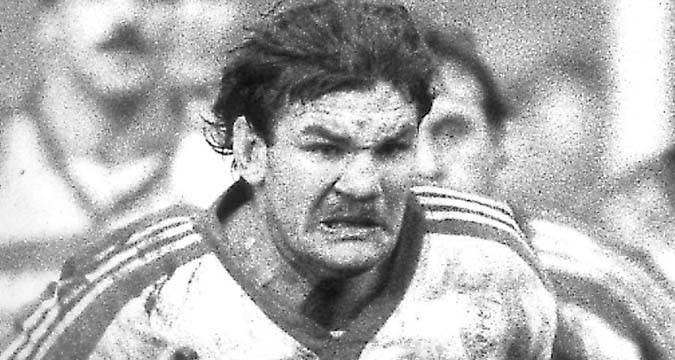 Gavin Miller, the 1986 Man of Steel, was one of the great imports to British Rugby League in the 1980s. He started out as a 17-year-old with Western Suburbs before having two spells at both Eastern Suburbs and Cronulla Sharks.
He won the World Cup with Australia in the 1988 World Cup Final and captained New South Wales in 1989. He was selected a
Gavin Miller, the 1986 Man of Steel, was one of the great imports to British Rugby League in the 1980s. He started out as a 17-year-old with Western Suburbs before having two spells at both Eastern Suburbs and Cronulla Sharks.
He won the World Cup with Australia in the 1988 World Cup Final and captained New South Wales in 1989. He was selected a Rugby League Heroes: Gavin Miller
 Gavin Miller, the 1986 Man of Steel, was one of the great imports to British Rugby League in the 1980s. He started out as a 17-year-old with Western Suburbs before having two spells at both Eastern Suburbs and Cronulla Sharks.
He won the World Cup with Australia in the 1988 World Cup Final and captained New South Wales in 1989. He was selected a
Gavin Miller, the 1986 Man of Steel, was one of the great imports to British Rugby League in the 1980s. He started out as a 17-year-old with Western Suburbs before having two spells at both Eastern Suburbs and Cronulla Sharks.
He won the World Cup with Australia in the 1988 World Cup Final and captained New South Wales in 1989. He was selected a 